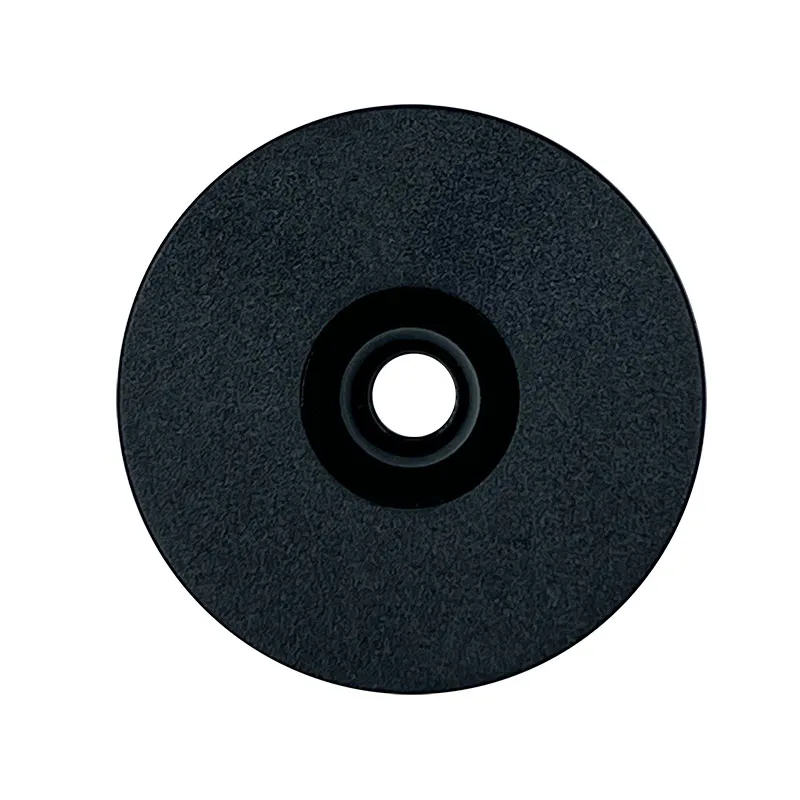Revolutionizing Inventory Management: The Power of RFID Industrial Tags
2024-10-12
In today’s fast-paced industrial landscape, efficiency and accuracy are paramount. One technology that has emerged as a game-changer for inventory management and asset tracking is RFID (Radio Frequency Identification) industrial tags. These innovative tags offer a range of benefits that can streamline operations, reduce costs, and enhance productivity. In this blog, we will explore what RFID industrial tags are, their applications, and the advantages they bring to various industries.
What Are RFID Industrial Tags?
RFID industrial tags are small devices that use radio waves to transmit data to a reader. These tags typically consist of three components: an antenna, a microchip, and a protective casing. The antenna transmits and receives signals, the microchip stores information about the item to which the tag is attached, and the casing protects the tag from environmental factors.
RFID tags can be passive (requiring no internal power source) or active (equipped with a battery), allowing for various applications depending on the needs of the industry.
Types of RFID Tags
1. Passive RFID Tags: These tags do not have a battery and are activated by the radio waves emitted from the RFID reader. They are typically smaller and more cost-effective, making them ideal for high-volume applications.
2. Active RFID Tags: These tags contain a battery and can transmit signals over a longer range. They are best suited for tracking large assets or items that require real-time monitoring.
3. Semi-Passive RFID Tags: Also known as battery-assisted passive (BAP) tags, these tags have a battery that powers the microchip but rely on the reader's signal to communicate. They offer improved performance in challenging environments.
Applications of RFID Industrial Tags
RFID industrial tags have a wide range of applications across various industries, including:
1. Manufacturing
In manufacturing, RFID tags are used to track raw materials, components, and finished goods throughout the production process. By automating inventory management, manufacturers can minimize errors, reduce waste, and improve overall efficiency.
2. Supply Chain Management
RFID tags enable real-time visibility into the supply chain, allowing companies to monitor the movement of goods from suppliers to customers. This transparency helps businesses manage inventory levels more effectively, reducing stockouts and overstock situations.
3. Asset Tracking
Organizations can use RFID tags to track valuable assets, such as machinery, tools, and equipment. By attaching RFID tags to these assets, companies can quickly locate them, monitor usage, and schedule maintenance, ultimately extending their lifespan.
4. Warehouse Management
In warehouses, RFID tags simplify inventory management by automating the counting and tracking of items. Workers can quickly scan RFID tags using handheld devices, speeding up the receiving, storing, and shipping processes.
5. Retail
Retailers can use RFID tags to enhance inventory accuracy and reduce shrinkage. By implementing RFID systems, retailers can quickly identify items in-store, monitor stock levels, and streamline the checkout process.
Benefits of RFID Industrial Tags
1. Increased Efficiency
RFID industrial tags significantly reduce the time required for inventory management and asset tracking. With the ability to scan multiple items simultaneously, businesses can streamline operations and improve workflow.
2. Enhanced Accuracy
Traditional inventory management methods are prone to human error. RFID technology minimizes these errors by automating the tracking process, ensuring that data is accurate and up-to-date.
3. Real-Time Data Access
RFID tags provide real-time visibility into inventory levels and asset locations. This data enables companies to make informed decisions and respond quickly to changes in demand.
4. Cost Savings
By improving efficiency and accuracy, RFID industrial tags can lead to significant cost savings. Reduced labor costs, lower inventory holding costs, and minimized losses due to theft or misplacement contribute to a healthier bottom line.
5. Improved Security
RFID technology enhances security by allowing businesses to monitor asset movement and detect unauthorized access. This capability is particularly valuable for industries that handle sensitive materials or high-value assets.
Challenges and Considerations
While RFID industrial tags offer numerous benefits, there are some challenges to consider:
- Initial Investment: Implementing an RFID system requires an upfront investment in tags, readers, and software. However, the long-term savings can offset this cost.
- Compatibility: Integrating RFID technology with existing systems may require adjustments and updates to software and hardware.
- Environmental Factors: RFID performance can be affected by environmental conditions, such as metal surfaces or liquid interference. Choosing the right type of RFID tag for specific applications is crucial.
Conclusion
RFID industrial tags are revolutionizing the way businesses manage inventory and track assets. By providing increased efficiency, accuracy, and real-time visibility, these tags empower organizations to optimize their operations and enhance their bottom line.
As industries continue to evolve, adopting RFID technology can be a vital step toward staying competitive in an increasingly demanding market. Whether in manufacturing, supply chain management, or retail, RFID industrial tags are transforming the future of inventory management.



